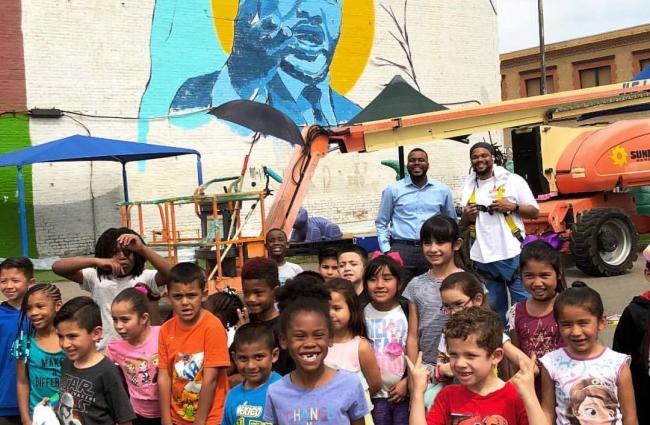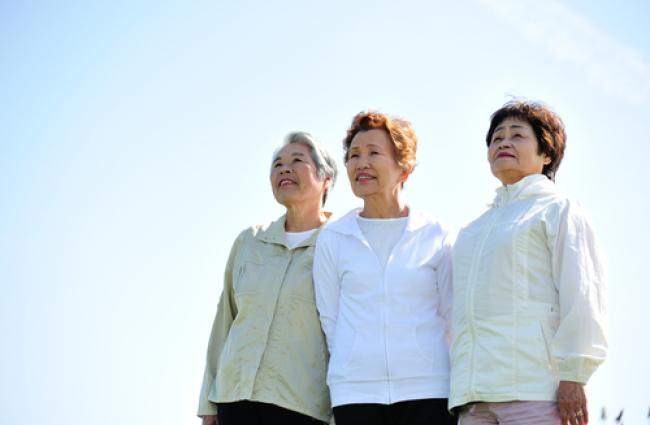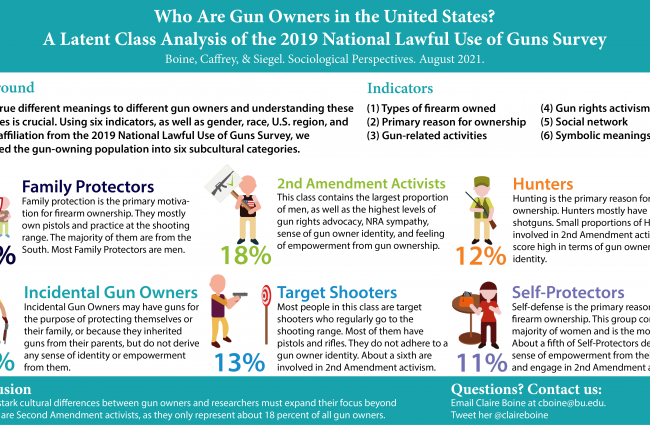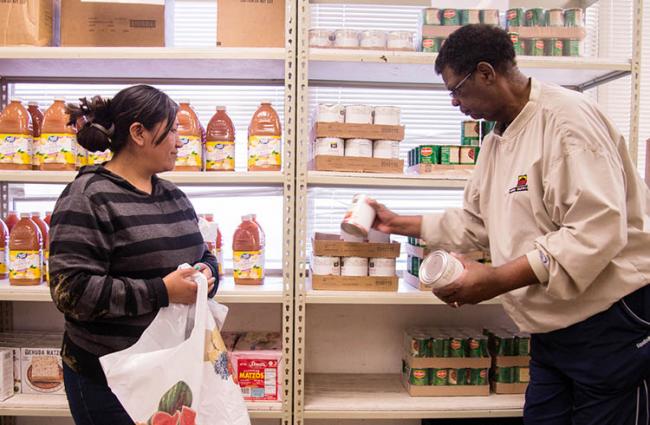Evidence for Action (E4A) funds research evaluating the population health, wellbeing, and racial equity impacts of programs, policies, and practices. What We're Learning is a repository of media pieces, research articles, presentations, reports, and other materials highlighting E4A supported research and findings. Sort by topic or resource type.

Findings from the Lanham Preschool Study suggest that investments in universal, widely accessible child-care can be beneficial, but that design and implementation need to be scrutinized to ensure the benefits are accrued equitably.

The dashboard provides background information on SEED, as well as initial findings and information on how participants are using the funds they receive as part of the guaranteed income pilot.

This study evaluates multiple factors associated with Tobacco 21 (T21) policy adoption in the U.S. from 2015 to 2019 before the nationwide adoption of T21 to identify disparities between regions that adopted the policy and those that did not.

Financial literacy is positively associated with life satisfaction, health, income, and other outcomes. However, the relationship between financial literacy and those outcomes can be more complex when age and gender are considered.




Exploring the impacts of various types of messaging (narratives, simple propolicy, and a combination of the two), the authors found that messages could backfire and inadvertently lead to a diminished support from state legislators.

Housing First, a supportive housing program, increased office-based care for psychiatric diagnoses, decreased emergency department visits, and increased access to prescription medication.


Impact of changes in the frequency of food pantry utilization on client food security and well‐being
When clients receive food assistance one month and then skip the following month, some might assume that this is because the food assistance has fulfilled its intended mission and that the household who did not show up to receive food is no longer in need of emergency assistance.

Shifting school start times to 8:30 am or later for middle/high school students is a critical health policy that can quickly and effectively address significant adolescent sleep debt, with minimal impact on younger students, who often are required to start earlier in order to accommodate later se